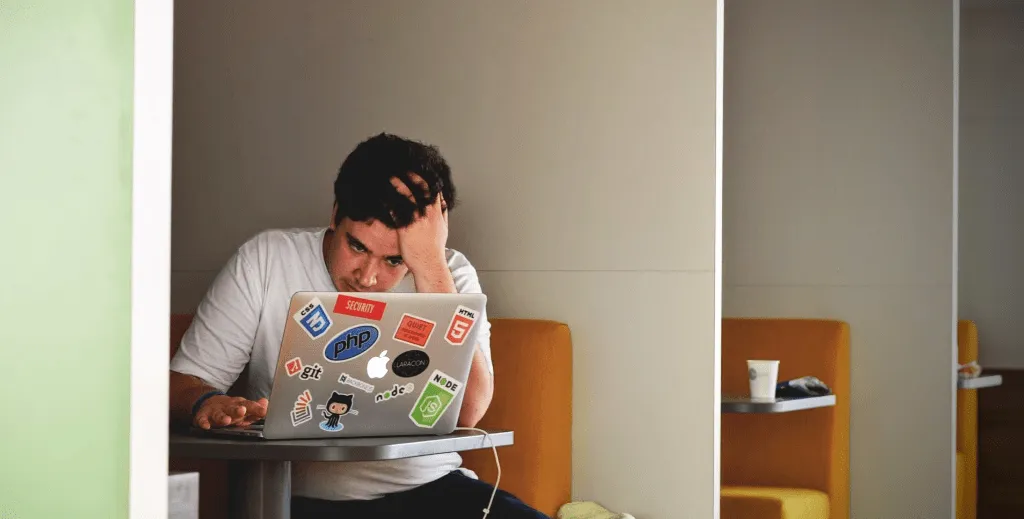
Why You Need to Spend More Time Off the Grid
Our reality is becoming increasingly connected, and while this does have a number of benefits, such as broadening our perspectives, giving us access to more information, and giving us more opportunities to engage with each other, there are also some drawbacks to keep in mind.
If you’re constantly connected, you never have a break. You’re constantly bombarded with news, messages, work, and entertainment, so your brain never really has an opportunity to turn off.
You could adopt a total Luddite lifestyle and stop using all forms of electricity and technology, but this isn’t feasible for most of us. Instead, it’s healthier and more rewarding to practice occasional disconnections from the grid.
Why is this so important and how do you do it?
The Relative Nature of “Off the Grid”
First, understand that the phrase “off the grid” can carry many different meanings, depending on who’s using it and how you’re interpreting it. For some people, being off the grid means totally disconnecting from all forms of electricity and technology. For others, it simply means not responding to your email promptly.
For the purposes of this article, we’ll consider “off the grid” as a nearly total disconnection from most forms of technology. Drive your car. Keep your phone charged in case of an emergency. However, try to abstain from any form of digital work, communication, or entertainment.

Ideas for Getting Out
These are some of the best ways for you to get out and disconnect from the grid in a practical way:
- Boating. Getting a boat allows you a significant degree of freedom, especially if you live near a large body of water with lots of potential activities. And with the advent of electric boat motors, it’s cheaper and more efficient than ever to journey out on the water. You can try fishing, racing, wakeboarding, or simply relaxing with a card game. It’s totally up to you once you’re in the middle of the lake.
- Camping. Another classic option is camping, especially if you live near an immersive campsite. Setting up your own tent, sleeping outdoors, cooking food over a fire, and even foraging for some food allows you to connect with nature more deeply and feel more human, in a way.
- Hiking. If you hate the idea of sleeping outside but you love the idea of enjoying the great outdoors, consider hiking. A long hiking trip, without any digital entertainment to occupy your mind, can be extremely meditative and stress relieving.
- The beach. The beach can also be a valuable opportunity to be alone with your own thoughts or connected to the people you love most. Swim, sunbathe, or read an interesting book.
- A simple tech detox. You don’t have to do any of these things to disconnect from the grid. You can also choose to abstain from technology in your own home and see similar results. The only problem with this is that you’re probably going to be surrounded by temptations, like the television and your laptop.

The Value of Spending Time Off the Grid
The concept of a “digital detox” has become more popular lately, and for good reason. Disconnecting from the internet, and possibly from electricity in general, can benefit you in a number of ways:
- A break from constant stimulation. It’s sometimes hard to recognize, but most of us are living in an environment of constant stimulation. We are constantly working, socializing, and entertaining ourselves, even bringing our phones into the bathroom so we can continue scrolling our infinite feeds without interruption. This is not good for the human mind, and most of us know that deep down. But it takes a conscious effort to remove ourselves from that constant stimulation.
- Time to collect your thoughts. When you’re not bombarded with information, you have time to collect your thoughts. If you’re struggling with a problem, or if you’re in need of creative brainstorming, this could be exactly the break you need. Most of us are familiar with the cliche that great ideas come to you in the shower, but there’s a real reason why this happens; boredom allows our minds to wander, making new connections. In other words, boredom sparks creativity. Spend enough time off the grid, and you might find yourself thinking in entirely new ways.
- Stress relief. It’s hard to tell how much stress you’re enduring, especially if you’ve become acclimated to a certain environment. But once you spend time off the grid, relieving your stress, you’ll begin to understand just how much pressure and anxiety you were experiencing. Even a few hours of relaxing disconnection can cause this stress to melt away.
- Opportunities to build relationships. Obsessions with social media, the news, and work can keep us separated from the people we love most. Being off the grid means you’ll have more opportunities to build those important relationships. And if you don’t have many relationships, this is an opportunity to make some new ones.
- New perspectives. Being off the grid gives you a new perspective on life. When you’re not glued to your digital screens, you’ll pay more attention to your natural surroundings, and you’ll become more content with not being stimulated. When you do return to the world of technology, you’ll likely be motivated to use it much more responsibly. You may also come to new realizations or even adopt new philosophies about how the world works.
- New hobbies. This is also an opportunity to discover new hobbies or immerse yourself in hobbies that you haven’t practiced in a while. You can consider getting into activities like reading, playing board games, participating in recreational sports, bird watching, or anything else that doesn’t require an internet connection.

Spending even a little bit of time off the grid can be immensely valuable for your mental and physical health. If possible, you should spend at least a little time every day away from digital screens, and at minimum, you should take a digital detox vacation at least once a year.